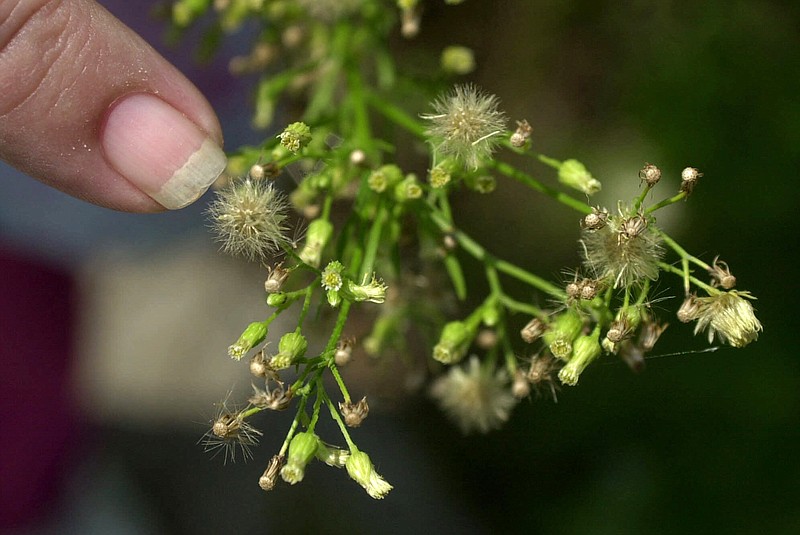A code orange health watch has been declared for Chattanooga tomorrow, with an air quality index of 101 forecasted. In layman's terms, it means that the city's air could have negative health effects for up to 50 percent of the population, officials warned.
Active children and adults, and people with lung disease such as asthma should limit prolonged outdoor exertion, officials warned in a news release.
In addition to staying inside, city officials say it may be a good idea to reduce pollution in the dir by driving less and at slower speeds, adjust the thermostat to use less power, and keep the blinds drawn.
People at risk could experience irritation to the eyes, nose and throat, reduced lung function, inflamed and damaged lung lining, aggravated asthma symptoms and an increased risk of lung illness, according to the Chattanooga-Hamilton County Air Pollution Control Bureau.
